LONDON, UK/PITTSBURGH, US: A recently discovered peptide toxin has been identified by a team of UK and US researchers as the cause of the development of oral candidiasis, also known as oral thrush. The substance, called “Candidalysin”, which is produced by the Candida albicans fungus, was found to punch a hole into cells lining the mouth, thus triggering the immune response.
Helper immune cells then attack the otherwise harmless fungus, resulting in the painful infection, they wrote in a study published by the Science Immunology journal.
“Surprisingly little is known about how fungal immunity in the mouth operates,” said co-senior author Dr Sarah L. Gaffen from the University of Pittsburgh School of Medicine in the US, “and, until now, it was unclear why Candida does not establish an invasive infection in healthy humans.”
In their study, the researchers used a combination of human oral epithelial cells cultured in laboratory dishes and mice infected orally with Candida, to show the central importance of Candidalysin. Discovered in 2016 by Prof. Julian Naglik of King’s College London in the UK, the toxin is the first peptide toxin identified in any fungus that was found to infect humans. Understanding its role in the infection mechanism in the mouth could eventually lead to better treatments for the condition and other fungal infections, the scientists said.
They added that, despite millions of fungal infections worldwide, there are no commercially available anti-fungal vaccines.
“Our research provides vital clues to understand the immune defence network at barrier sites of the body. This knowledge may ultimately be harnessed to design antifungal vaccines,” said Naglik.
Recently awarded a large National Institutes of Health grant, Gaffen and Naglik announced their further exploration of the role of Candidalysin signalling in oral immunity in the near future.
Oral candidiasis is one of the most common fungal infections of the mouth. While it is treatable with topical medication, it often causes pain that makes it difficult for patients to eat or swallow. It is also believed to be responsible for other serious fungal infections, especially in infants and other patients with a compromised immune system, such as HIV/Aids patients, denture wearers and those on immunosuppressants, including chemotherapy and drugs to prevent the rejection of transplanted organs.
The paper, titled “Oral epithelial cells orchestrate innate Type 17 responses to Candida albicans through the virulence factor Candidalysin”, was published in Science Immunology on 3 November.
Tags:
GREAT YARMOUTH, UK: Dentures need to be taken out before a general anaesthetic is administered, doctors have warned after a 72-year-old man’s dentures ...
DUNDEE, Scotland: A landmark UK study has found that stress and burn-out across the dental workforce stem largely from systemic issues, particularly within ...
LONDON, UK: In a recent press release, the British Dental Association (BDA) lamented the budget’s failure to recognise the challenges facing dental ...
Users of dental zirconia are really spoilt for choice these days. Countless manufacturers offer zirconia materials that differ in their mechanical and ...
COPENHAGEN, Denmark: 3Shape has released a new version of 3Shape Unite, bringing cloud-based dentistry to a new level. All licences for this workflow engine...
BIRMINGHAM, UK: Behind every smile, there’s a story—an obstacle overcome, a challenge accepted, a workflow streamlined, a life changed—not just from ...
LONDON, England: A recent editorial has highlighted the meaningful collaboration between the dental profession and industry under FDI World Dental ...
GLASGOW, Scotland: Glasgow Caledonian University has recently secured £2.6 million (€3.0 million*) to lead a new UK-wide doctoral training programme ...
BORDEAUX, France: Research on children with severe or complex obesity suggests that oral health is often sidelined, despite its close links to overall ...
LEEDS, England: As a crucial dimension of the overall oral health crisis continuing to rankle across the UK, children’s access to NHS dental care and ...
Live webinar
Wed. 4 March 2026
5:00 pm UTC (London)
Munther Sulieman LDS RCS (Eng) BDS (Lond) MSc PhD
Live webinar
Wed. 4 March 2026
6:00 pm UTC (London)
Live webinar
Thu. 5 March 2026
1:30 am UTC (London)
Lancette VanGuilder BS, RDH, PHEDH, CEAS, FADHA
Live webinar
Fri. 6 March 2026
8:00 am UTC (London)
Live webinar
Mon. 9 March 2026
4:30 pm UTC (London)
Live webinar
Mon. 9 March 2026
7:00 pm UTC (London)
Live webinar
Tue. 10 March 2026
8:00 am UTC (London)
Assoc. Prof. Aaron Davis, Prof. Sarah Baker



 Austria / Österreich
Austria / Österreich
 Bosnia and Herzegovina / Босна и Херцеговина
Bosnia and Herzegovina / Босна и Херцеговина
 Bulgaria / България
Bulgaria / България
 Croatia / Hrvatska
Croatia / Hrvatska
 Czech Republic & Slovakia / Česká republika & Slovensko
Czech Republic & Slovakia / Česká republika & Slovensko
 France / France
France / France
 Germany / Deutschland
Germany / Deutschland
 Greece / ΕΛΛΑΔΑ
Greece / ΕΛΛΑΔΑ
 Hungary / Hungary
Hungary / Hungary
 Italy / Italia
Italy / Italia
 Netherlands / Nederland
Netherlands / Nederland
 Nordic / Nordic
Nordic / Nordic
 Poland / Polska
Poland / Polska
 Portugal / Portugal
Portugal / Portugal
 Romania & Moldova / România & Moldova
Romania & Moldova / România & Moldova
 Slovenia / Slovenija
Slovenia / Slovenija
 Serbia & Montenegro / Србија и Црна Гора
Serbia & Montenegro / Србија и Црна Гора
 Spain / España
Spain / España
 Switzerland / Schweiz
Switzerland / Schweiz
 Turkey / Türkiye
Turkey / Türkiye
 UK & Ireland / UK & Ireland
UK & Ireland / UK & Ireland
 International / International
International / International
 Brazil / Brasil
Brazil / Brasil
 Canada / Canada
Canada / Canada
 Latin America / Latinoamérica
Latin America / Latinoamérica
 USA / USA
USA / USA
 China / 中国
China / 中国
 India / भारत गणराज्य
India / भारत गणराज्य
 Pakistan / Pākistān
Pakistan / Pākistān
 Vietnam / Việt Nam
Vietnam / Việt Nam
 ASEAN / ASEAN
ASEAN / ASEAN
 Israel / מְדִינַת יִשְׂרָאֵל
Israel / מְדִינַת יִשְׂרָאֵל
 Algeria, Morocco & Tunisia / الجزائر والمغرب وتونس
Algeria, Morocco & Tunisia / الجزائر والمغرب وتونس
 Middle East / Middle East
Middle East / Middle East
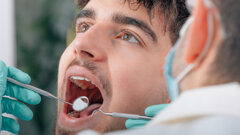








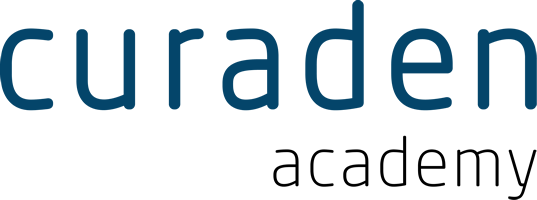
















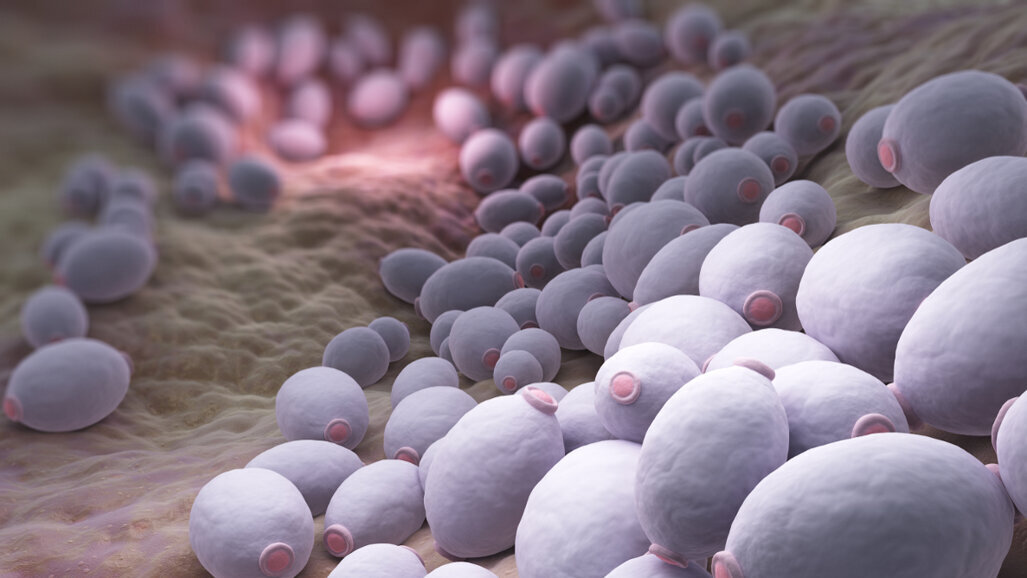



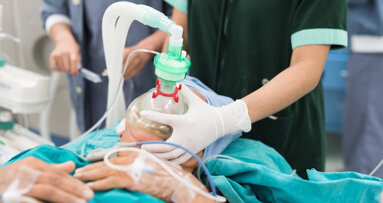

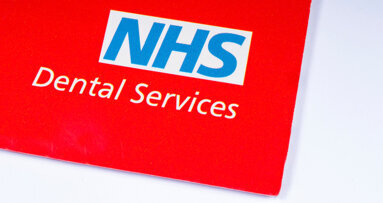


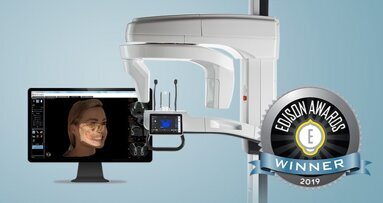













To post a reply please login or register